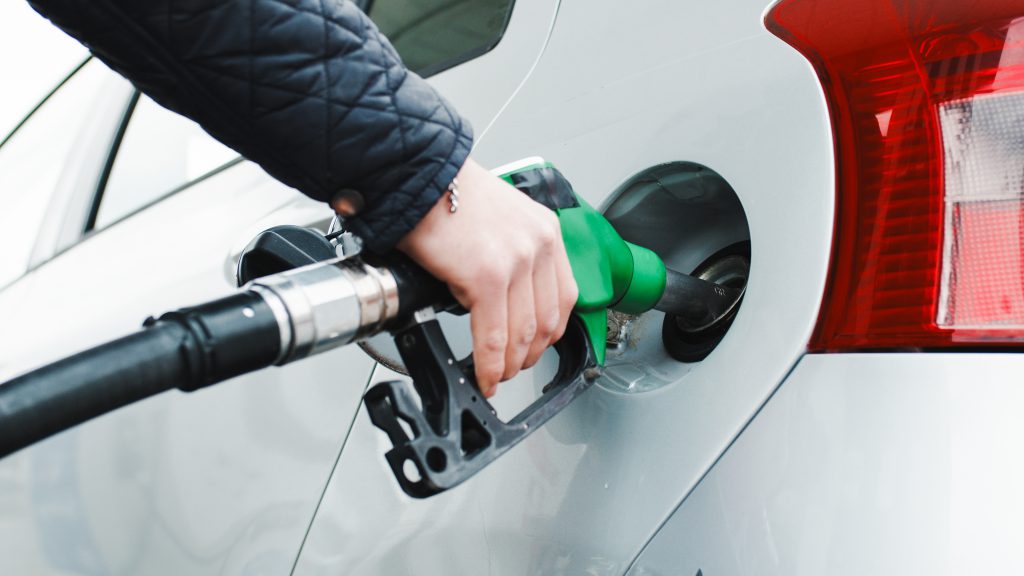Fuel Tips – Driving Efficiently
Utilizing industry information, the EPA has compiled information regarding ways to improve fuel economy in your daily life. These categories are driving efficiently, keeping your car in shape, planning and combining trips, and choosing a more fuel efficient vehicle. Today we’ll cover 6 tips for driving more efficiently with the vehicle you currently own.
Please Note: Cost savings stated are based on an assumed fuel price of $4.88/gallon.
1. Drive Sensibly
Aggressive driving (speeding, rapid acceleration and braking) wastes gas. It can lower your gas mileage by roughly 15% to 30% at highway speeds and 10% to 40% in stop-and-go traffic. Driver feedback devices can help you drive more efficiently. A recent study suggests that they can help the average driver improve fuel economy by about 3% and that those using them to save fuel can improve gas mileage by about 10%. Sensible driving is also safer for you and others, so you may save more than gas money.
Fuel Economy Benefit: 10%–40% Equivalent Gasoline Savings: $0.49–$1.95/gallon
2. Observe the Speed Limit
While each vehicle reaches its optimal fuel economy at a different speed (or range of speeds), gas mileage usually decreases rapidly at speeds above 50 mph. You can assume that each 5 mph you drive over 50 mph is like paying an additional $0.34 per gallon for gas. Observing the speed limit is also safer.
Fuel Economy Benefit: 7%–14%* Equivalent Gasoline Savings: $0.34–$0.68/gallon*
3. Avoid Hauling Cargo on Your Roof
Hauling cargo on your roof increases aerodynamic drag (wind resistance) and lowers fuel economy. A large, blunt roof-top cargo box, for example, can reduce fuel economy by around 2% to 8% in city driving, 6% to 17% on the highway, and 10% to 25% at Interstate speeds (65 mph to 75 mph).Rear-mount cargo boxes or trays reduce fuel economy by much less—only 1% or 2% in city driving and 1% to 5% on the highway. If you need to use an external cargo container, removing it when it’s not in use will save fuel and money.
Fuel Economy Benefit: 2%–17% Equivalent Gasoline Savings: $0.10–$0.83/gallon
4. Remove Excess Weight
Avoid keeping unnecessary items in your vehicle, especially heavy ones. An extra 100 pounds in your vehicle could reduce your MPG by about 1%.6 The reduction is based on the percentage of extra weight relative to the vehicle’s weight and affects smaller vehicles more than larger ones.
Fuel Economy Benefit: 1%/100 lbs. Equivalent Gasoline Savings: $0.05/gallon
5. Avoid Excessive Idling
Idling can use a quarter to a half gallon of fuel per hour, depending on engine size and air conditioner (AC) use. Turn off your engine when your vehicle is parked. It only takes about 10 seconds worth of fuel to restart your vehicle.
Fuel Cost Savings: $0.02–$0.04/min. (AC off) $0.03–$0.05/min. (AC on)
6. Use Cruise Control
Using cruise control on the highway helps you maintain a constant speed and, in most cases, will save gas.








